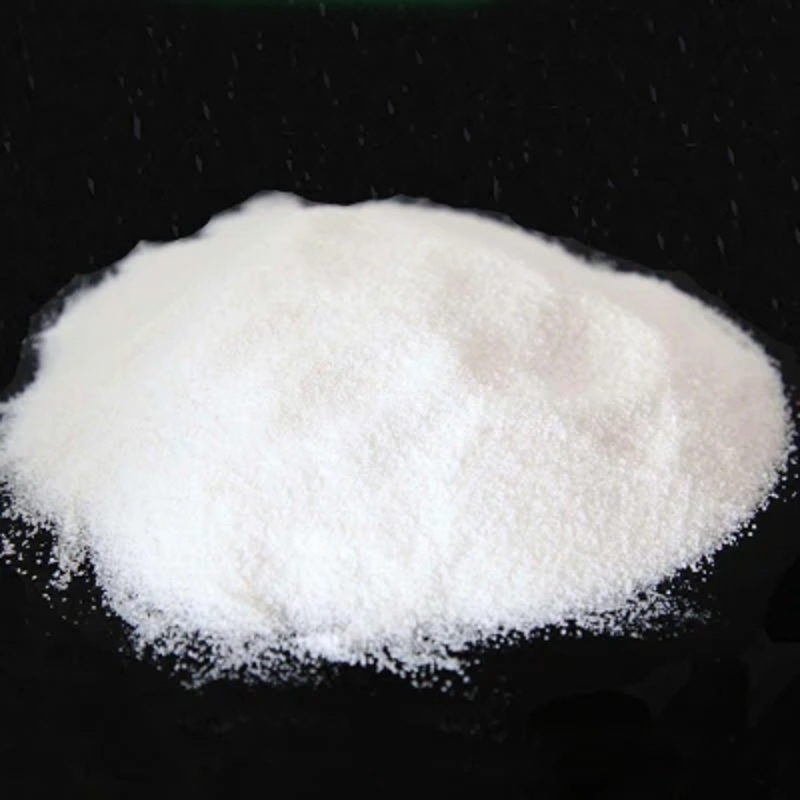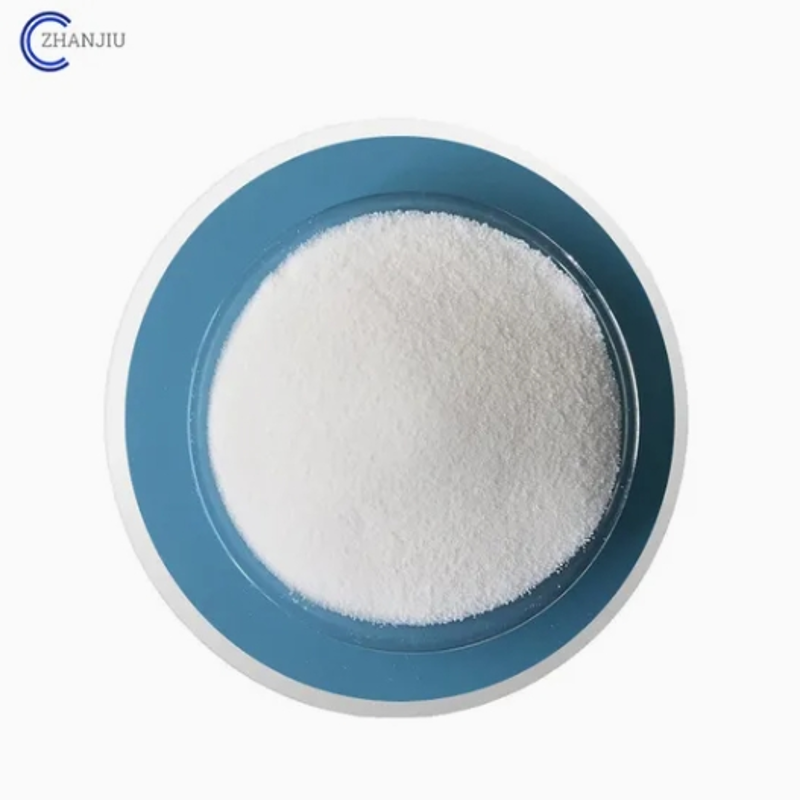-
Categories
-
Pharmaceutical Intermediates
-
Active Pharmaceutical Ingredients
-
Food Additives
- Industrial Coatings
- Agrochemicals
- Dyes and Pigments
- Surfactant
- Flavors and Fragrances
- Chemical Reagents
- Catalyst and Auxiliary
- Natural Products
- Inorganic Chemistry
-
Organic Chemistry
-
Biochemical Engineering
- Analytical Chemistry
-
Cosmetic Ingredient
- Water Treatment Chemical
-
Pharmaceutical Intermediates
Promotion
ECHEMI Mall
Wholesale
Weekly Price
Exhibition
News
-
Trade Service
More and more young people find in their physical examination reports that not only are they overweight, their blood lipids are also ridiculously high.
They clearly have nothing to do, so they have high blood lipids at a young age?
They clearly have nothing to do, so they have high blood lipids at a young age?
High blood lipids are medically called "dyslipidemias".
Most of them are caused by poor life>
.
Most of them are caused by poor life>
.
What is dyslipidemia?
Dyslipidemia, also known as "hyperlipidemia", is a chronic disease with hidden onset, which mainly refers to the abnormality of lipids or lipoproteins in the blood, mainly manifested in plasma total cholesterol (TC) and low-density lipoprotein cholesterol ( The concentration of LDL-C) and triglycerides (TG) increases, and the concentration of high-density lipoprotein cholesterol (HDL-C) decreases
.
.
Dyslipidemia is divided into secondary and primary dyslipidemia
.
Most dyslipidemias are primary, and most are caused by environmental and genetic factors
.
The secondary dyslipidemia is usually caused by diabetes, liver and kidney disease and other diseases or caused by taking certain drugs
.
The onset of dyslipidemia is usually relatively insidious, the clinical symptoms are not obvious, the detection rate is low, and the prevalence rate is high, and the consequences when discovered are often more serious
.
.
Most dyslipidemias are primary, and most are caused by environmental and genetic factors
.
The secondary dyslipidemia is usually caused by diabetes, liver and kidney disease and other diseases or caused by taking certain drugs
.
The onset of dyslipidemia is usually relatively insidious, the clinical symptoms are not obvious, the detection rate is low, and the prevalence rate is high, and the consequences when discovered are often more serious
.
How does dyslipidemia form?
The vast majority of dyslipidemias are caused by the combination of genetic and environmental factors
.
Including poor diet, poor life>
.
.
Including poor diet, poor life>
.
1.
Genetic factors
Genetic factors
Studies have shown that hypercholesterolemia, hypertriglyceridemia, and mixed hyperlipidemia are related to genetic factors
.
For example, familial hypercholesterolemia is an autosomal dominant genetic disease
.
.
For example, familial hypercholesterolemia is an autosomal dominant genetic disease
.
2.
Poor eating habits
Poor eating habits
Overeating, frequent consumption of high-oil, high-fat, high-calorie foods, irregular eating time, lack of a reasonable diet and nutritional combination, etc.
, will lead to the accumulation of body fat and cholesterol, thereby increasing the risk of dyslipidemia
.
, will lead to the accumulation of body fat and cholesterol, thereby increasing the risk of dyslipidemia
.
In addition, excessive drinking can also increase the risk of dyslipidemia
.
Ethanol in alcohol can replace fat as the main functional substance of the liver, so that a large amount of fat is stored in the liver.
Alcohol can also slow down the decomposition of triglycerides by reducing the activity of lipoproteinases, leading to the occurrence of dyslipidemia
.
.
Ethanol in alcohol can replace fat as the main functional substance of the liver, so that a large amount of fat is stored in the liver.
Alcohol can also slow down the decomposition of triglycerides by reducing the activity of lipoproteinases, leading to the occurrence of dyslipidemia
.
3.
Bad life>
Bad life>
For office workers engaged in mental activities, insufficient exercise or even no exercise, insufficient fat consumption, high work pressure, long-term staying up all night, etc.
will increase the risk of dyslipidemia
.
will increase the risk of dyslipidemia
.
Long-term lack of sleep can reduce the secretion of hormones that control appetite in the body, and increase the secretion of ghrelin, which promotes hunger
.
Simply put, staying up late for a long time will make people feel hungry more easily, causing people to want to eat continuously, and the body lacks enough exercise
.
As a result, fat cannot be fully consumed and accumulates on the body, which may lead to abnormal blood lipids
.
.
Simply put, staying up late for a long time will make people feel hungry more easily, causing people to want to eat continuously, and the body lacks enough exercise
.
As a result, fat cannot be fully consumed and accumulates on the body, which may lead to abnormal blood lipids
.
How to prevent it in daily life?
A reasonable diet and a suitable life>
.
.
1.
Regular meals, not overeating;
Regular meals, not overeating;
2.
Pay attention to diet, eat less high-oil, high-fat and high-sugar foods, and pay attention to controlling the fat intake in the diet;
Pay attention to diet, eat less high-oil, high-fat and high-sugar foods, and pay attention to controlling the fat intake in the diet;
3.
Strengthen exercise and control weight;
Strengthen exercise and control weight;
4.
Develop good work and rest habits;
Develop good work and rest habits;
5.
Regular physical examination, pay more attention to your own health, strive to detect abnormalities as soon as possible, and intervene in treatment in time
.
Regular physical examination, pay more attention to your own health, strive to detect abnormalities as soon as possible, and intervene in treatment in time
.







